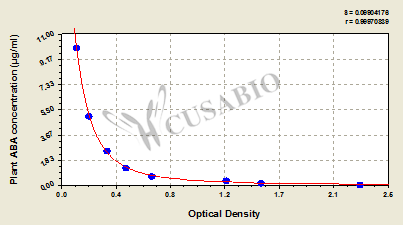When the samples are ground, does it matter how quickly they are processed – I have hundreds of samples and I think I will have to grind at least 96/per kit before processing a set. Is the time taken after grinding before processing further limited, just in case the sample changes its chemical composition?
My samples are wheat leaves grown under drought conditions. Some of them are small collections and I am concerned they may not reach 0.5 g as stated in the protocol. If say the sample is less than 05.g, e.g. 0.4g, does that mean I will need to use 3.6 ml of the extraction buffer, since 0.5 g to 4.5 ml is 1: 9 in ratio terms.






